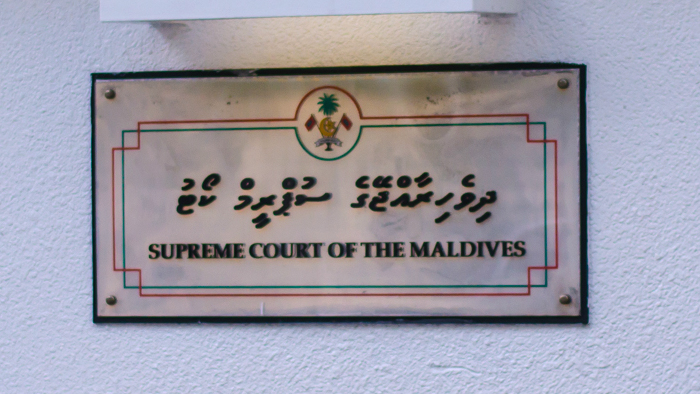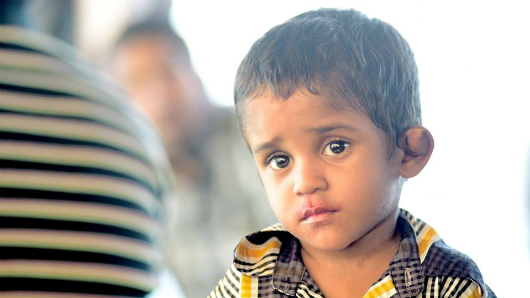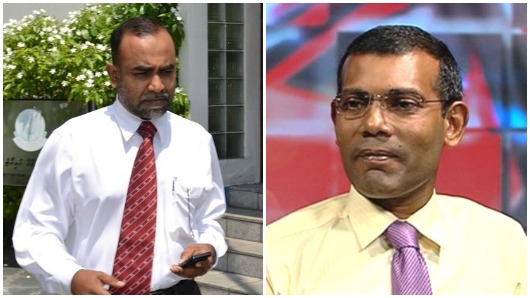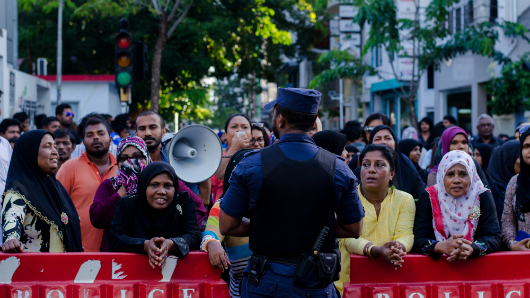The Supreme Court barred judges and magistrates from attending trainings on the new penal code, Minivan News has learned.
The penal code was ratified a year ago and was set to come into force this month, but the ruling Progressive Party of the Maldives has delayed its enactment by three months.
According to judges and lawyers, the Supreme Court denied permission for judges and magistrates to attend trainings conducted by the attorney general’s office and UNDP at a special legal sector resource center, which was set up last year to train law enforcement agencies, judges, lawyers and journalists on the new penal code.
“The penal code is a large, extensive document with criminal proceedings that is new to the Maldives. I wanted to attend but the Supreme Court wouldn’t give us permission,” a judge who wanted to remain anonymous said.
The existing penal code was adopted in 1968 and has been criticised as draconian, outdated and not in line with the democratic constitution of 2008.
Former Deputy Prosecutor General Hussain Shameem, who has trained 1099 individuals on the new penal code, said the legal resource center had invited all judges and magistrates, but “none of them attended the trainings.”
Shameem says the legal resource center could train all of the 186 judges and magistrates in the country within two weeks.
Lawyers have meanwhile expressed concern over judges’ capability in implementing the new penal code without the required trainings.
“The penal code has a whole new section on sentencing. It is completely different from procedures used before,” said Hassan Shiyam Mohamed, who advised a parliament committee that had drafted the new penal code.
“It is imperative that judges be trained on its application. We don’t want to see a situation where everyone else is more fluent in it than the judges. I really don’t understand the Supreme Court’s decision.”
The Department of Judicial Administration, which functions under the Supreme Court, says it is now planning a separate training for judges next month, but an official from the DJA said the apex court has not yet approved the trainings.
“There will be a seminar on the penal code for selected magistrates next month. The seminar will be headed by the Commonwealth,” he said.
The Supreme Court was unavailable for comment at the time of going to press.





